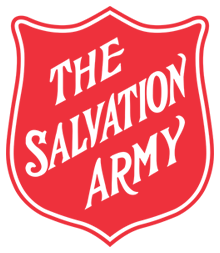Going Home
Disaster deployments are rewarding and exhausting. Emotions run high, days are long, and living conditions are often challenging. This means you will need to take care of yourself when you get home. Here are a few tips for returning to “normal” life.
Get Extra Rest
Slow down! Disaster deployments can be exhausting and stressful, so don’t be surprised if you need extra rest. Plan some down time as your schedule permits.
Relax
Spend time doing activities that ease tension. These will vary from person to person, but may include exercise, meditation, listening to music, going ishing, reading a book and enjoying time in nature.
Spend Time with Loved Ones
Reconnect with supportive friends and family. Share about your experiences. Tell your story. Share pictures. Find out what’s been going on with them while you were away.
Expect the Unexpected
After a disaster deployment you may notice changes in yourself. Here are some examples of what you may face and some tips for managing them.
Pace Change: Disaster work moves quickly so it may seem like people move at a much slower pace than you remember. It’s okay to slow down.
Fatigue: Even with what seems like enough sleep, you may experience fatigue. You may need more rest than you realize.
Cynicism: During a disaster response, you will see the best and worst in people and systems. This makes it easy to become cynical. These feelings often diminish over time.
Easily Evoked Emotions: Intense experiences, fatigue and/or stress can leave you vulnerable to unexpected emotions. You may cry easily, be quick to anger, or experience dramatic mood swings. These are normal reactions that typically subside over time.
When to Seek Help
Remember, stress is a normal reaction to abnormal situations like disasters. You may need some help coping with your experiences if the following signs persist:
- Disorientation
- Depression
- Anxiety
- Problematic use of alcohol or drugs
- Other signs that seems abnormal to you
Get Back into a Normal Routine
After a deployment it’s important to get back into your normal routine. Catch up on tasks that may have been neglected, such as paying the bills, mowing the lawn, cleaning the house and grocery shopping.
Contact Us
Need someone to talk to? Contact the EDS at THQ: eds@salvationarmy.ca | 416-422-6199 They will connect you with an emotional and spiritual care provider.
Other Links








